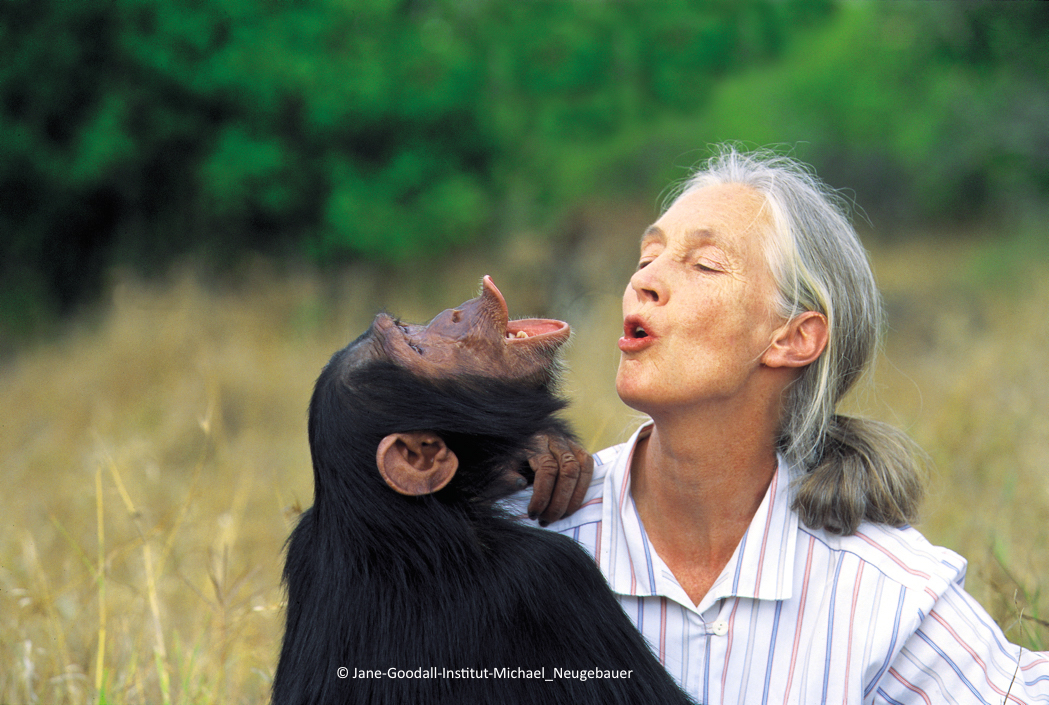
Jane Goodall: wildlife’s researcher, animal and nature-protection activist you really need to know
Dr. Jane Goodall (April 3th, 1934- )
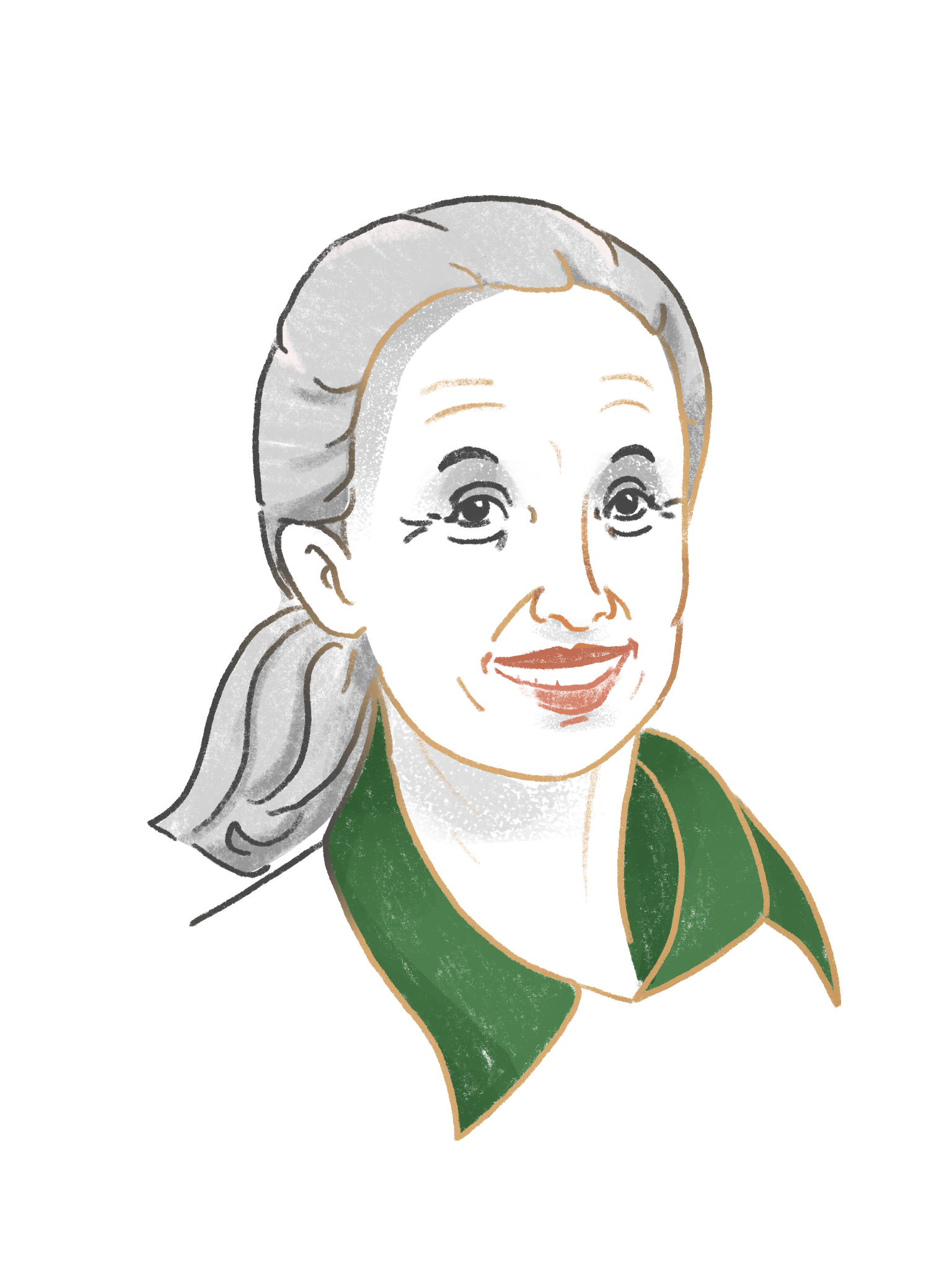
Only if we understand, can we care. Only if we care, we will help. Only if we help, we shall be saved. The greatest danger to our future is apathy. What you do makes a difference, and you have to decide what kind of difference you want to make. – Jane Goodall
Early Years in Africa
In 1957, only at the age of 23, Jane traveled to Kenya by boat. There, she met the famous anthropologist and palaeontologist Dr. Louis S. B. Leakey. Jane’s knowledge of Africa and the wildlife impressed him and he hired Jane as his assistant. They went on a fossil-hunting expedition; however, Jane was not as impressed by fossils as by living animals. She says:
I could have learned a whole lot more about fossils and become a palaeontologist. But my childhood dream was as strong as ever–somehow I must find a way to watch free, wild animals living their own, undisturbed lives–I wanted to learn things that no one else knew, uncover secrets through patient observation. I wanted to come as close to talking to animals as I could.
Jane’s most significant contributions to our understanding of chimpanzees
- meat-eaters
- tool-makers
- emotionally-intelligent species that display a wide palette of complex social behaviors, a lot like men
1. Eating habits
2. Tool making
3. Social behavior
Jane Goodall reshaped the way we treat and understand animals
In an interview for the New York Times during the coronavirus pandemic, Jane was asked if there were any particular achievements of hers that stand out in terms of their future impact.
She adresses two important points. The first one is how she decided to stand up to her professors in a polite, yet non-negotiable, manner. The second is about her research and humane approach towards the chimpanzees. By naming the chimps and distinguishing their sexes, Jane made chimps a bit more men-like. By not treating them as “it”, but as “she/he”, she did not separate us from the animal kingdom like superior species.
Her answer truly touched me, so I have decided to share it here in full length:
I was the eighth person in the history of Cambridge to come in without an undergraduate degree. And I was really scared. You can imagine. And of course didn’t help when the professors told me I’d done everything wrong. I shouldn’t have named the chimps, they should have been numbered. And I couldn’t talk about personality, mind or emotion because those were unique to us.
But, luckily my dog had taught me otherwise as a child. So I could stand up to them, not in an aggressive way. I just calmly, you know, went on talking about it that way. And I remember the first scientific paper I wrote was for Nature and it was about tool using I think. And so I described the chimpanzees, I gave them names and they left the names.
But when I got the article back, they made corrections and they crossed out everywhere I put he or she. I mean, one thing is very clear, the difference between the sexes. But animals were “its.” So I angrily crossed out the “its” and they left it. So that was the first breakthrough. And I think because the chimps had been found to be so biologically like us, along with the behavior shown in Hugo [van Lawick’s] films and photographs, that really pushed science into thinking in a less reductionist way.
We are not separated from the rest of the animal kingdom, we’re part of it. Gradually that’s gone more and more mainstream. So that’s one thing, helping people understand that animals have personalities, minds and emotions, and now you can study those things.
Jane Goodall nowadays
Jane nowadays lives in England, in the same house where she grew up. Although she is no longer among the wildlife in Africa, she is still thinking about her friends – the chimpanzees. In the above-mentioned interview for The New York Times, Goodall talked about what it means for her to be isolated during the coronavirus pandemic, but also, how chimpanzees also suffer from isolation. She says:
Being isolated has made me think of what it must be like for chimpanzees who were isolated in captivity, who depend on physical closeness and touch. […] It’s bad enough for us, but we have all these other ways of distracting. And what about these animals who have nothing?
However, she also talks about the bright side of the situation. The silver linings in this horrible time for her is the reactivation of the discussion about animal trafficking, product testing on animals, and selling wild animals for food or medicine. She says:
Everybody’s pointing fingers at China, but already the government’s made a total ban on the markets, selling animals for food and on trafficking, importing wild animals. So we just have to hope that because of the magnitude of this pandemic they will keep that ban. At the moment it’s temporary, but let’s hope they enforce it forever, and close down the market for animals used in traditional medicine.
Regarding the fact that there will be animal testing in the search for a vaccine against the coronavirus, Dr. Goodall says that she hopes that the time will come when there will be no animal experimentation at all. She says that it is understandable that we cannot sharply just stop something, but a large part of the problem is that the “people who are working on alternatives just don’t get the right support”.
But, regardless of where testing (medical) products on animals would lead us, Dr. Goodall remains one of the most-avid advocates for animals and nature protection. In fact, when she began her work, medical researchers frequently used chimpanzees in their work. However, she and other advocates against this practice helped for it to be stopped in the USA.
Honoring Dr. Jane Goodall
If you want to find out more about the life or research of this remarkable woman, then reach out to some of the documentary movies made in her honor or to some of her books.
Documentary movies
Books by Jane Goodall
Wikipedia provides a complete list of her books, but here are a few that frequently stand out:
- My Friends the Wild Chimpanzees (1967)
- In the Shadow of Man (1971)
- The Chimpanzees of Gombe: Patterns of Behavior (1986)
- R.R. Hawkins Award for the Outstanding Technical, Scientific or Medical book of 1986
- Award for “Outstanding Publication in Wildlife Ecology and Management”
- Through a Window: 30 years observing the Gombe chimpanzees (1990)
- Reason For Hope: A Spiritual Journey (1999)
-
“We have a responsibility toward the other life-forms of our planet. The thoughtless behavior of our own human species threathenes their continued existence. Environmental responsibility – for if there is no God, then, obviously, it is up to us to put things right.”
-
- Africa In My Blood: An Autobiography in Letters, the Early Years (2000)
- Beyond Innocence: An Autobiography in Letters, the later years (2001)
- Hope for Animals and Their World: How Endangered Species Are Being Rescued from the Brink (2009)
The Jane Goodall Institute
Here we are, the most clever species ever to have lived. So how is it we can destroy the only planet we have?
In 1977, Jane Goodall formed the Jane Goodall Institute “to ensure that her vision and life’s work continue to mobilize the collective power of individual action to save the natural world we all share”. Thus, this institute not only enables the continuation of the research she started in Tanzania, but it also supports programs that focus on community involvement and education in vulnerable areas. Goodall remains as active and as inspirational as ever. She keeps on fighting for what she believes in and encourages us to be part of the change we want to see by saying:
Change happens by listening and then starting a dialogue with the people who are doing something you don’t believe is right. Lasting change is a series of compromises. And compromise is all right, as long as your values don’t change.


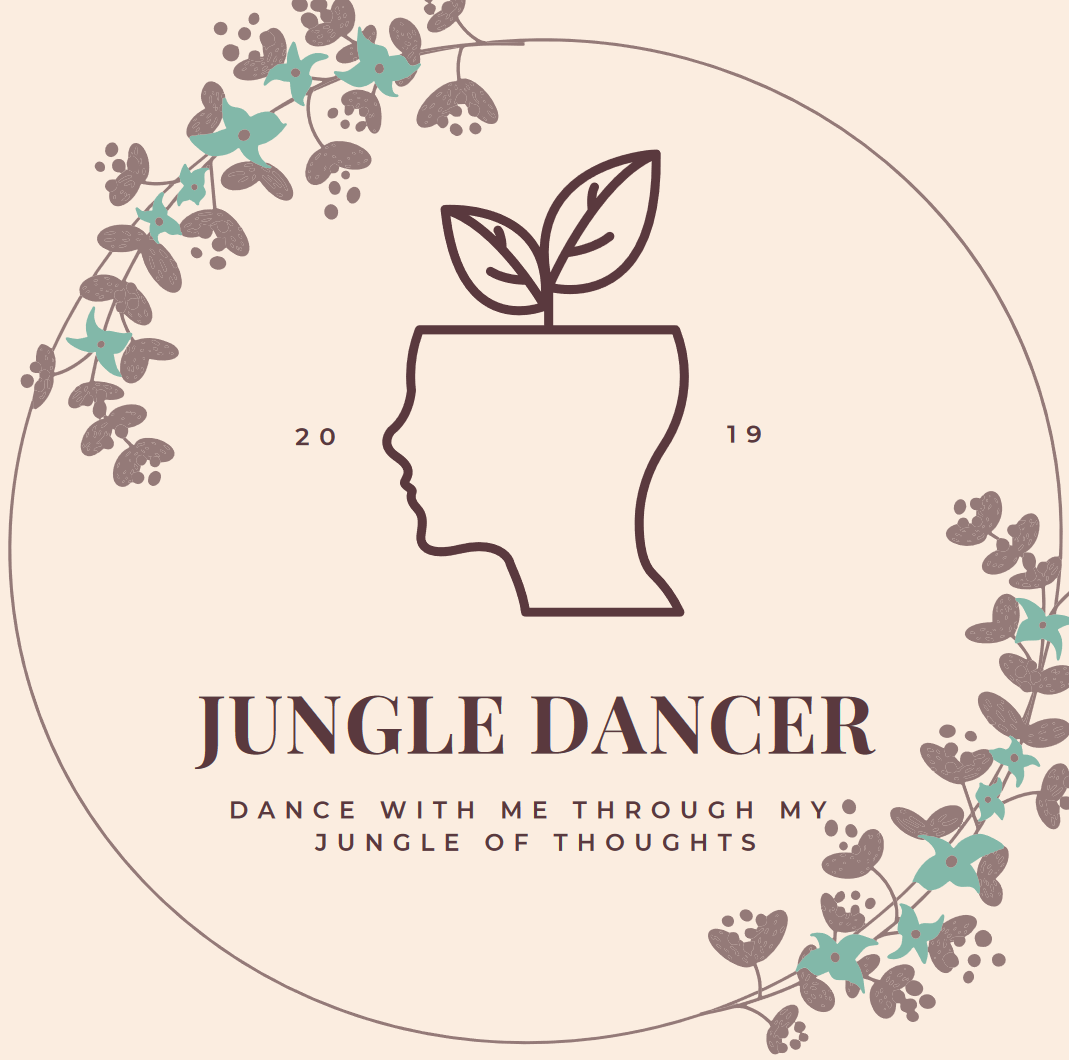
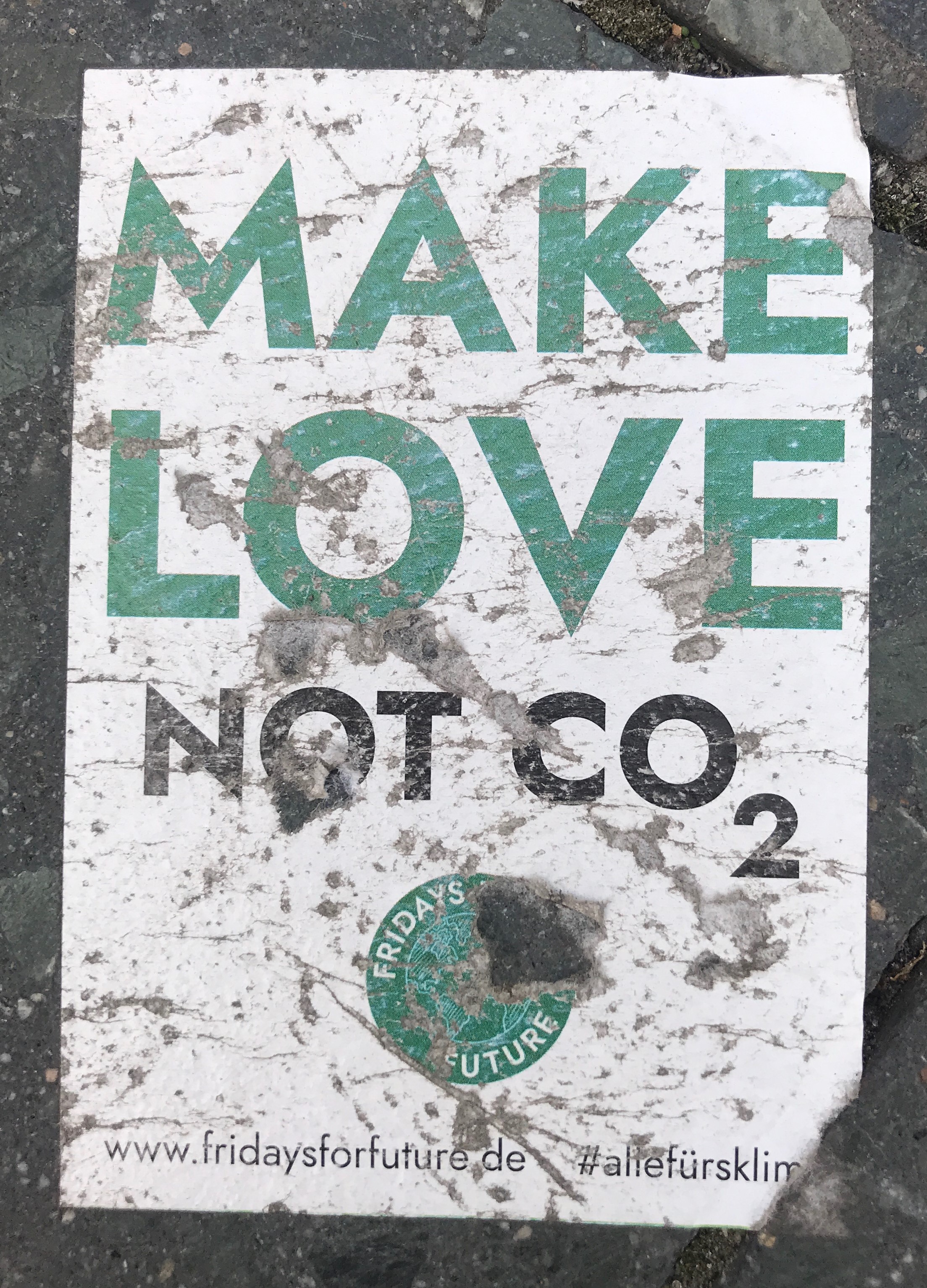
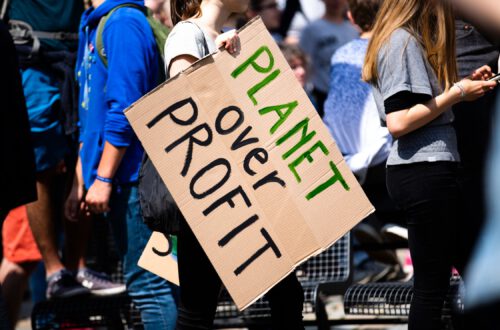

4 Comments
ปั้มไลค์
Like!! Thank you for publishing this awesome article.
Jack
Saved as a favorite, I like your blog!
I could not resist commenting. Very well written!
Fundamentals Of Gsa Search Engine Ranker
I have been reading out some of your posts and i can claim pretty clever stuff. I will surely bookmark your site.
Pingback: